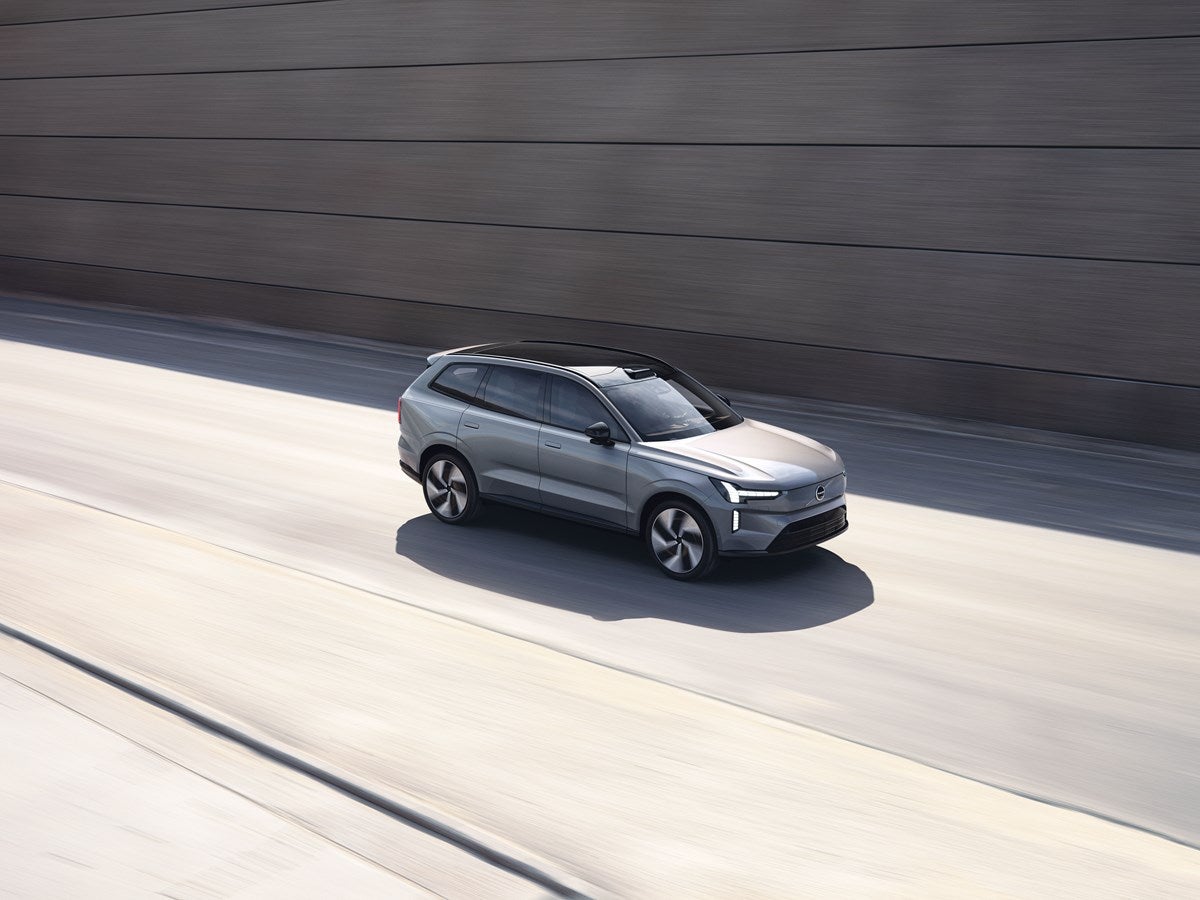
Geely-owned Volvo Cars has reported that its first quarter earnings fell to SEK 5.1bn (around USD500m) from SEK 6bn last year. However, the result surpassed analyst projections and there was a 7 per cent increase in operating profits that excluded JVs to SEK 6.3 bn.
The company faced headwinds in the shape of high raw material prices and volatility in world markets.

Discover B2B Marketing That Performs
Combine business intelligence and editorial excellence to reach engaged professionals across 36 leading media platforms.
During the first quarter, Volvo Cars sales increased 10 per cent compared to the same period last year, with fully electric car sales growing by 157 per cent. This performance took the share of fully electric cars to 18 per cent, versus 8 per cent in the first quarter last year.
“We have started 2023 on a stable note, continuing to deliver on our ongoing transformation with increased revenues and core profits in the first quarter,” said Jim Rowan, president and chief executive. “With this performance we’ve laid a strong foundation for the rest of 2023, but we remain ever vigilant amidst the continued turbulence around the world. Our focus is on execution.”
Volvo Cars will introduce more fully electric cars in the coming years, at least one per year until mid-decade, built on next-generation electrical architectures and core computing technology, it said.
Volvo said its electric flagship SUV, the Volvo EX90 has received tremendous reception from customers. This, it said, had surpassed the company’s boldest and most ambitious internal projections. As a result, Volvo Cars has closed the order book for the time being because the first scheduled production run is sold out, ‘but it will re-open again soon’.
Revenues for the first three months grew 29 per cent compared to the same period last year to SEK 96 bn. The increase came on the back of the double-digit growth in retail sales for the quarter versus the corresponding period in 2022.
EBIT during the first quarter, excluding joint ventures and associates, increased 7 per cent compared to the corresponding period last year and reached SEK 6.3 bn. The increase in EBIT was delivered despite raw material prices remaining at elevated levels. This performance was the result of higher volumes sold during the period, increased price realisation per car, a favourable geographical mix and the effects of pricing actions initiated last year, especially in Europe. The company-wide resource optimisation and efficiency initiative is also gathering momentum through direct savings which helped the underlying profitability. The company will continue to focus on this initiative.
2023 plans
In a few months, Volvo Cars will launch a new fully electric small SUV to the world, which will take the company into a new demographic and with a competitive price point. Volvo says the new car will build on the strong customer response to the Volvo EX90. With these two new SUVs, Volvo Cars will cover both the top end of the premium electric market as well as the entry level premium segment. Together, they will complement the existing line-up of the fully electric XC40 and C40. This sets the company up for a future with strong growth and improved profitability on fully electric cars.
The company is also gearing up to transform its operations in the United Kingdom, its third largest market by retail sales, from a traditional wholesale business to a direct–to-consumer model (‘agency’) by creating a truly omnichannel experience for customers. With volvocars.com as the base and main sales channel, the company will remove administrative burdens and increase overall efficiency in the system, improving the customer experience and at a lower cost for the company over time. The lessons from the UK transformation will be crucial as the company plans for more markets to become direct consumer facing.




